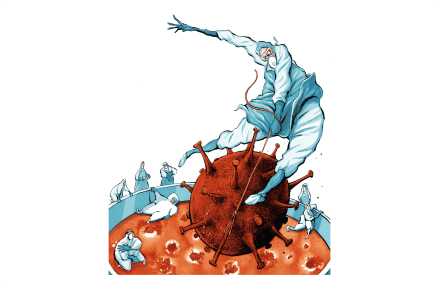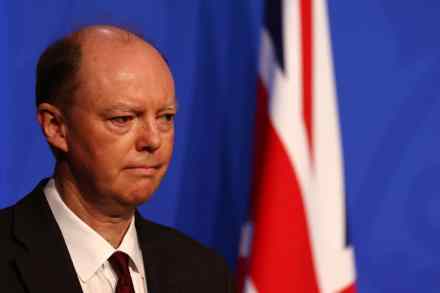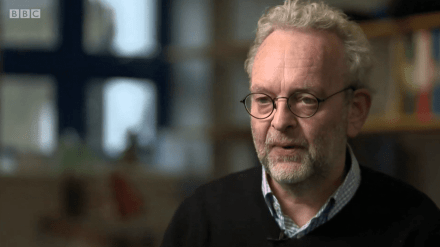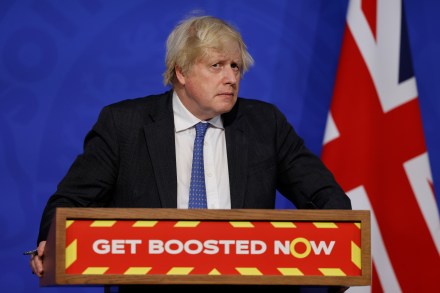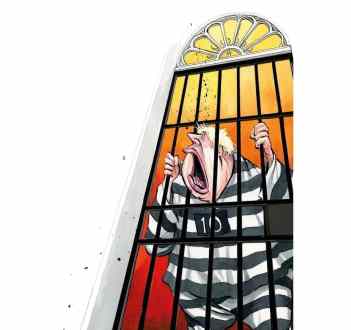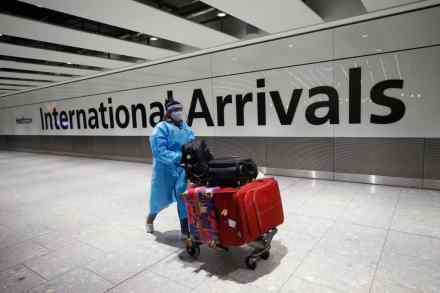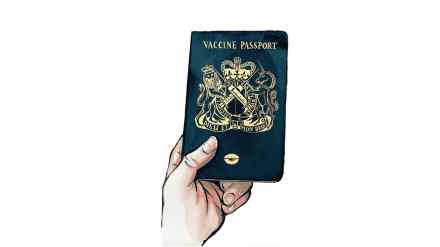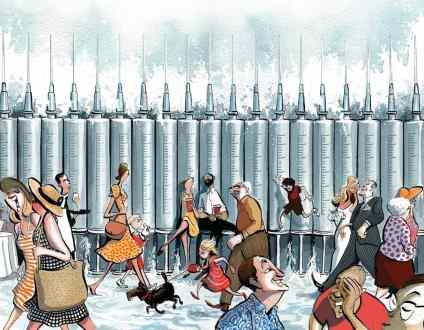Sage modellers start to accept that Omicron is milder
Public health officials in Britain and South Africa were on different planets for about a fortnight. While those in South Africa kept presenting data suggesting that Omicron caused less severe disease than earlier variants, scientists in Britain continued to claim it was too early to say. Scenarios published by the London School of Hygiene and Tropical Medicine (LSHTM) last week pictured a frightening picture of January, suggesting that hospitalisations could peak above previous waves. An assumption was made that Omicron was just as likely to land you in hospital or kill you compared with Delta. As LSHTM admitted, quite a big assumption:- Due to a lack of data, we assume Omicron has the
